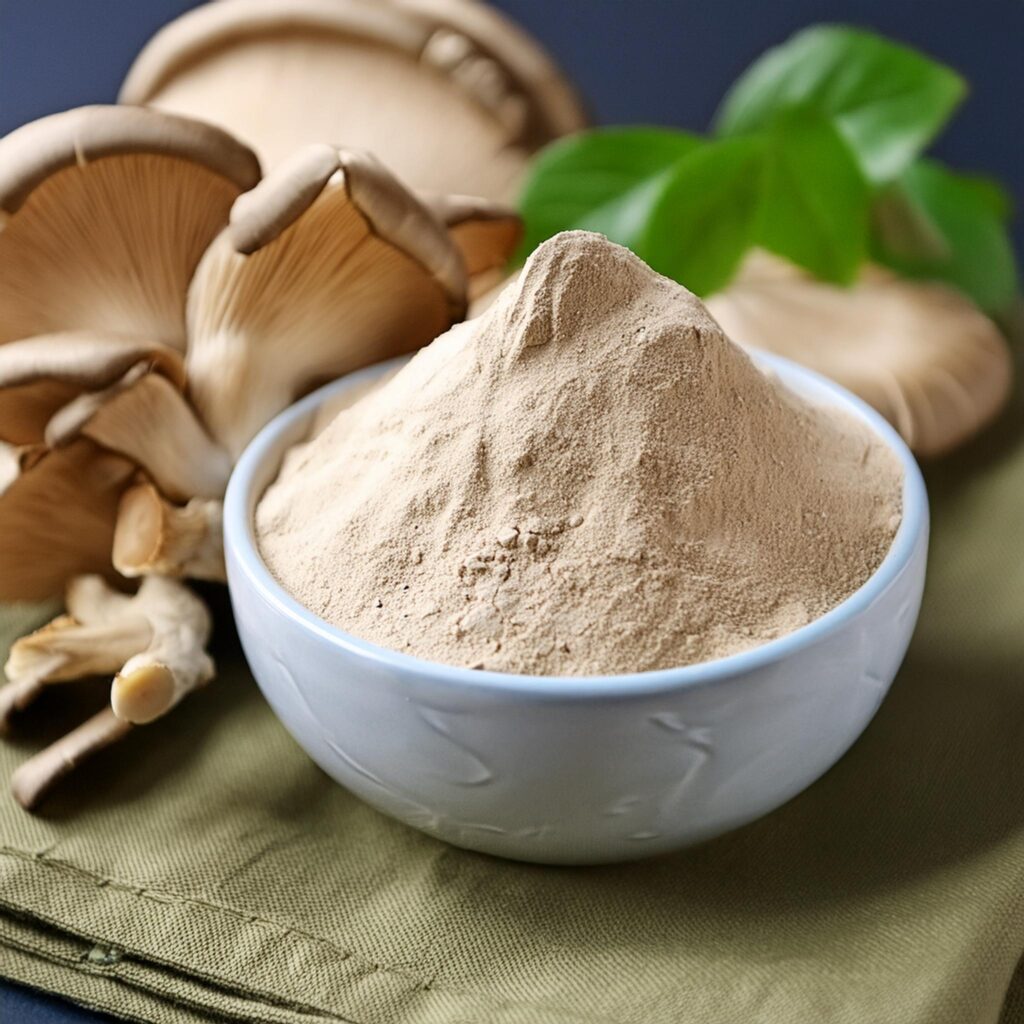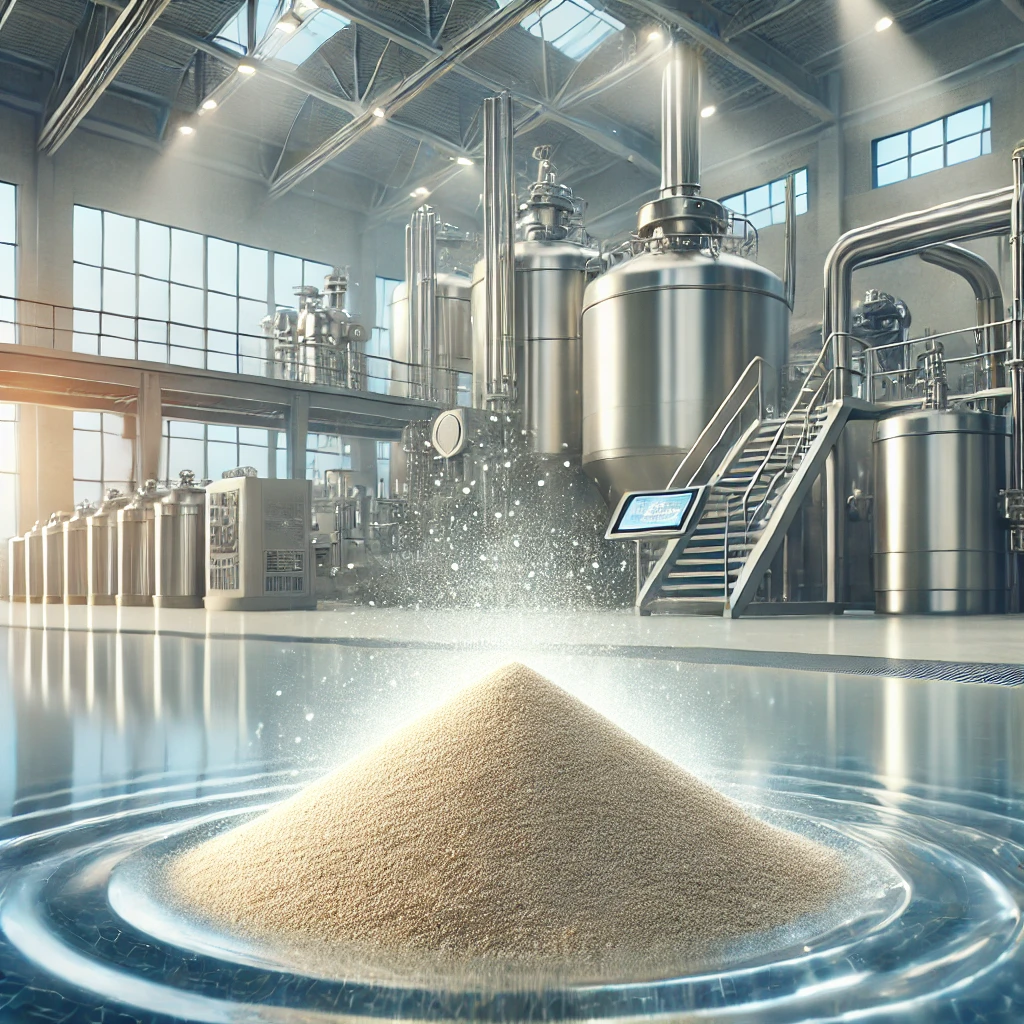Wholesale Chitosan Oligosaccharide
Premium Quality for Various Applications
At Chitosan Global, we are committed to providing high-quality Chitosan Oligosaccharide (COS)in bulk for a wide range of industrial, agricultural, pharmaceutical, and cosmetic uses. As a leading wholesale supplier, we ensure that every batch of our COS meets stringent quality standards, making it ideal for your specific business needs. Our products offer unmatched purity, effectiveness, and versatility across various applications.
What is Chitosan Oligosaccharide?
Chitosan Oligosaccharide (COS)is a derivative of chitosan that has been deacetylated to a very high degree, typically 98% or more. This deacetylation process reduces the molecular weight of chitosan, resulting in shorter chainsof glucosamine monomers (ranging from 2-5 kDa). These smaller molecules contribute to its bioactivity, enhanced solubility, and higher charge density, making it an ideal ingredient in several applications.
Chitosan Oligosaccharide’s unique properties make it a key ingredient in industries such as agriculture, pharmaceuticals, cosmetics, food, and environmental applications. By offering bulk ordersat competitive prices, Chitosan Global ensures your business can access premium-quality COS for all your product formulations.
Key Applications of Chitosan Oligosaccharide
- Agriculture: Chitosan Oligosaccharide plays a crucial role in plant health as a fertilizer enhancer, soil conditioner, and growth regulator. It promotes healthy plant development, improves disease resistance, and enhances stress tolerance, making it an essential component for agriculture-based products.
- Pharmaceuticals: Due to its biocompatibilityand ability to enhance drug bioavailability, COS is increasingly used in drug delivery systems. It serves as a carrier for active pharmaceutical ingredients, improving the effectiveness of medications.
- Food Industry: Chitosan Oligosaccharide is widely used as a food additive, improving the texture, stability, and safety of food products. It can act as a natural preservative, reduce fat absorption, and promote overall health benefits in functional foods.
- Cosmetics: In the beauty industry, COS is used for its moisturizingand anti-aging properties. It helps improve skin hydration, elasticity, and reduces wrinkles, making it ideal for use in skincare formulations such as creams, lotions, and serums.
- Environmental Applications: COS is effective in pollution controland water treatment. Its ability to adsorb heavy metals and other pollutants makes it a great choice for cleaning up contaminated environments and treating wastewater.


Degree of Deacetylation & Molecular Weight
Degree of Deacetylation (DDA)is a critical factor in determining the properties of Chitosan Oligosaccharide. DDA refers to the percentage of acetyl groups removed from the chitin structure. A higher DDAresults in improved solubilityin acidic environments, enhanced bioactivity, and increased charge density, making it ideal for applications in agriculture, biomedical fields, and cosmetics.
Molecular Weightis another key property of COS that influences its viscosity, solubility, and biological activity. Low molecular weight(2-5 kDa) COS is more soluble and bioactive, making it suitable for drug delivery, food preservation, and environmental cleanupapplications. Understanding the molecular weight helps tailor the COS for specific formulations and desired effects.
Certificate of Analysis (CoA)
At Chitosan Global, we provide a Certificate of Analysis (CoA)for every batch of our Chitosan Oligosaccharideproducts. This document provides detailed information about the purity, degree of deacetylation, molecular weight, and potential contaminants, ensuring that our products meet the highest standards of quality. The CoA is crucial for verifying the consistencyand safetyof the COS used in your formulations, whether for pharmaceuticals, food, or agriculture. For example, here is a link to the CoA for –
Chitosan Oligosaccharide Pricing
We offer competitive pricingon bulk Chitosan Oligosaccharideorders, with flexible options to meet your specific needs. Pricing varies based on the gradeand quantityof the product. Here are our pricing options:
Fungal and Sea Source Chitosan Oligosaccharide Grades
We offer various grades of Chitosan Oligosaccharide sourced from both fungal and sea sources. These different sources can impact the properties of the final product, making it essential to choose the correct grade based on the intended application.
- Fungal Source Chitosan Oligosaccharide: Ideal for applications requiring a biodegradable, environmentally friendly solution.
- Sea Source Chitosan Oligosaccharide: Often used in agriculture and food processing applications due to its excellent solubility and bioactivity.
For specialized uses, we also offer food-grade and pharmaceutical-grade Chitosan Oligosaccharide products to meet the specific regulatory standards for these industries.
Why Choose Chitosan Global for Wholesale Orders?
- High-Quality Standards: We offer premium-gradeChitosan Oligosaccharide that meets all necessary quality specifications, with Certificates of Analysis (CoA) for transparency.
- Competitive Prices: As a trusted wholesale supplier, we provide bulk pricing options that allow you to save on large orders while ensuring top-quality products.
- Reliable Customer Service: Our team is committed to providing you with support at every step, from choosing the right product to handling your orders efficiently.
Get in Touch with Us for Chitosan Oligosaccharide InquiriesContact Us
For more information or to place a wholesale orderfor Chitosan Oligosaccharide, please reach out to us at Chitosan Global:
